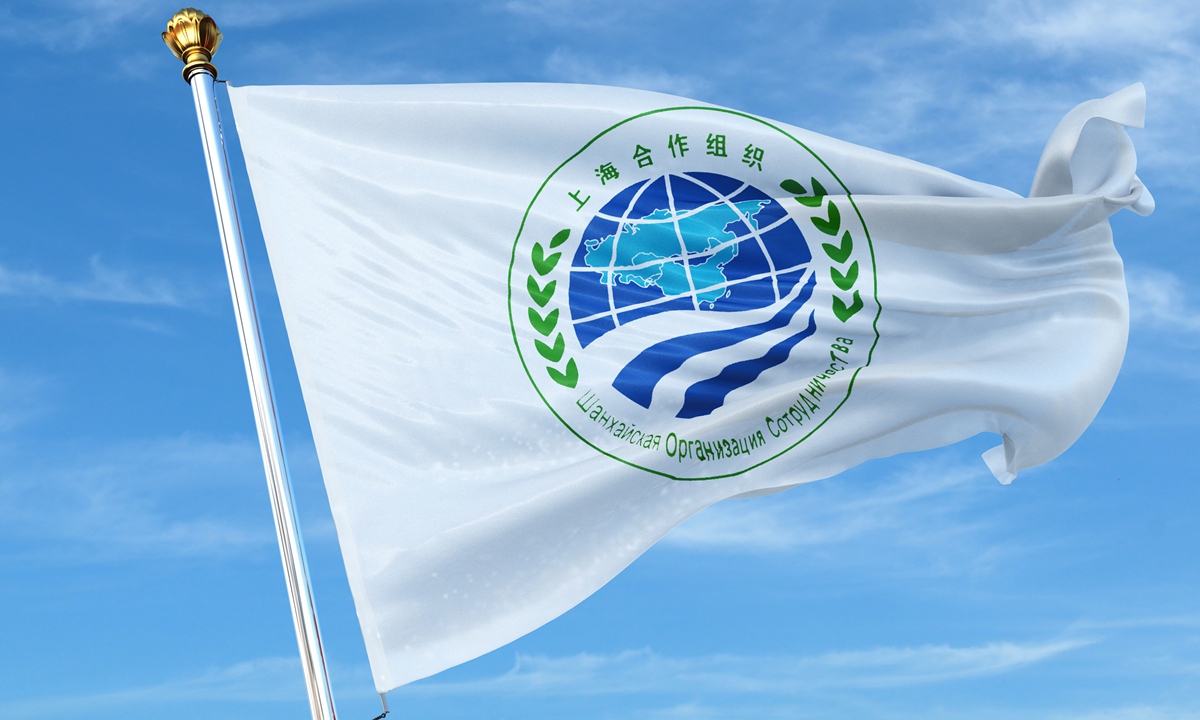
US and China via for Vietnam's favour
By Rhod Mackenzie
The Chinese leader Xi Jinping recently visited Vietnam and met with the leaders of Hanoi's ruling Communist Party. Xi praised the strong ties between the two countries and pledged to strengthen them further. The visit resulted in the signing of several business agreements.
Although China and Vietnam share the same political ideology and are neighbours, their relationship is complex.
Three months prior to Xi's visit, the US President Joe Biden visited Vietnam and successfully elevated America's relationship with the Southeast Asian nation to strategic partnership level. Recently, Japan followed suit. Viewed from this perspective, Xi's attempts to court Hanoi do not appear as forceful, but rather as one of many efforts by major powers to gain influence in Vietnam, a nation of great geopolitical importance that will impact the outcome of the power struggle in the Asia-Pacific region.
Despite being a communist state, this does not imply that Vietnam has a friendly relationship with Beijing. Although not openly antagonistic or hostile, grassroots opinion in Vietnam is wary of China due to the historical power struggle to maintain independence from Chinese imperial dynasties.
Vietnam, like many Asian nations, has derived cultural, philosophical, and technological capital from China. However, its national identity has always been based on being a distinctive nation from China and not being politically dominated by it.
Vietnam recognises that China is its most important economic partner, but it is also striving to avoid Chinese hegemony. This concern is not only historical but also modern. In 1978, China invaded Vietnam to break its alliance with the Soviet Union and assert dominance over it. The text highlights the importance of China to Vietnam's economy while acknowledging Vietnam's efforts to maintain its independence.
In addition to their rival claims in the South China Sea, a contested waterway with critical shipping routes and resources, the two countries also have other areas of disagreement. To maximize its own strategic benefits, Hanoi's foreign policy of non-alignment seeks to court multiple foreign powers, including the US.
One may question how Vietnam can court the US given their history. Can Hanoi trust Washington? Despite the atrocities committed during the Vietnam War, Vietnam appears confident in its relationship with the US. This is because Hanoi won the conflict on its own terms and reunified the country.
As a result, Washington sees Vietnam as a partner in containing China and is returning to the table. Although Hanoi may have ideological and political reasons to be suspicious of the US, it can benefit from the opportunity to accelerate its economic development and increase its military leverage in the dispute with China. It is important to note that the US cannot be considered an 'ally'.
It is clear that Beijing is aware of this situation, and as a result, there is a struggle for Hanoi's loyalty. This implies that China must offer more to compete with other powers and be allowed to participate in global trade. Vietnam, on the other hand, has the power to set the terms of engagement and act as a 'kingmaker'.
From China's perspective, Vietnam is a crucial aspect of the global trade and supply chain as it helps to conceal the 'made in China' label to circumvent trade restrictions and tariffs imposed by the US. Numerous Chinese companies invest in Vietnam due to this reason. As a result, Chinese trade with ASEAN has increased significantly, replacing trade with the US.
Chinese companies manufacture essential parts and components, which are then shipped to their factories in Vietnam for assembly. The final product is then exported to the US. This creates a false impression that products are not made in China, while indirectly allowing Chinese trade with America to persist. The integration of the Vietnamese and Chinese economies is accelerating, which is sufficient to maintain peace between the two countries.
Currently, due to US military encirclement, China is not strategically positioned to engage in confrontation with Vietnam. Therefore, Xi has chosen to prioritize diplomacy. Maintaining Vietnam as a neutral and non-hostile neighbour is a core priority for China. This is especially important given the US's foreign policy doctrine of instigating division between Beijing and its neighbours as a means of containment. Vietnam, however, desires the best of both worlds, and is currently achieving this.
